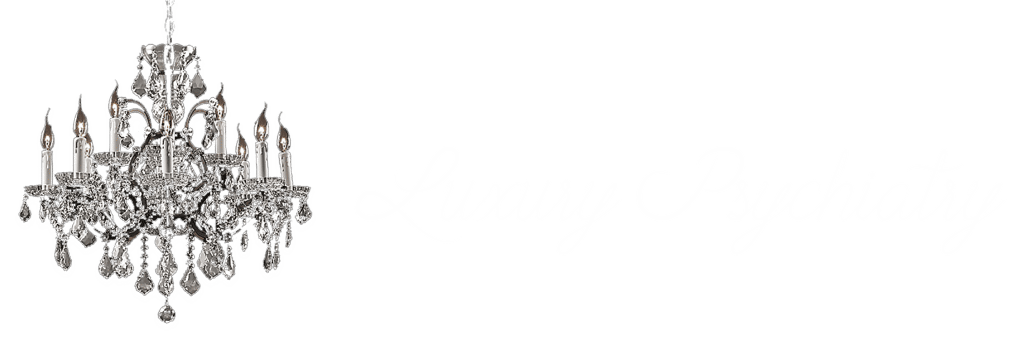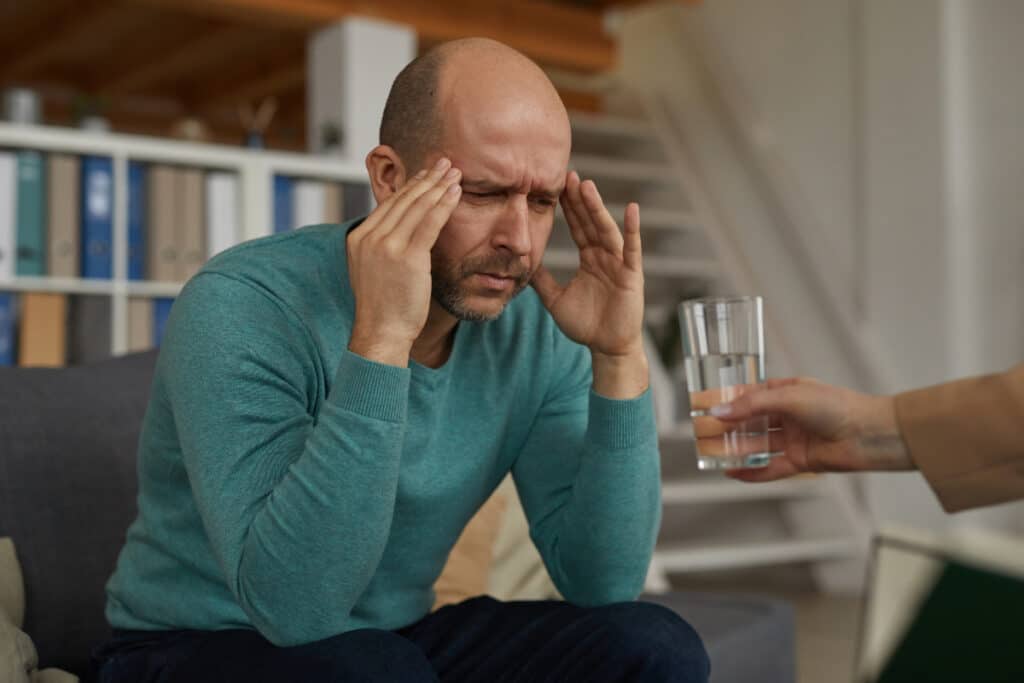According to the National Institute of Mental Health, almost 21 million Americans experience a major depression event at least once in their lifetime. More women than men struggle with depression, but a significant number of men do experience depression. Some people only have a major depression event while others, around three percent of Americans, have persistent depression.
Some treatments for depression include therapy and medication while other people seek alternative, holistic treatments. Some people recover from depression and never have another episode while others deal with depression throughout their lifetimes.
This article looks at the TMS as a treatment for depression and the benefits of this type of treatment.
If you’re struggling with depression in the Chicago area and haven’t found effective treatment, you should consider TMS therapy. Luxury Psychiatry Med Spa offers TMS treatment on top of being a full boutique and psychiatric treatment center.
Types of Depression Treatments
With the sheer number of people struggling with depression, there are many treatments available for those that have this mental health disorder. Some of the treatments work best when used in conjunction with others, such as medication and talk therapy.
Here’s a look at the most common types of treatment for depression:
- Medication: There is a variety of medications a psychiatrist can prescribe for depression. These medications usually require a commitment, and the person taking them can’t stop suddenly. The person who wants to stop taking medication must do so gradually.
- Talk therapy: Most people struggling with depression will spend time with a therapist, and talk therapy is usually a popular approach. This can include either cognitive behavioral therapy (CBT) or dialectical behavioral therapy (DBT).
- Group therapy: This allows the patient to interact with others struggling with depression and possibly learn other coping techniques.
- Holistic therapy: This can include alternative therapies from yoga to reiki therapy.
- Brain stimulation therapy: Electroconvulsive therapy (ECT) and Transcranial magnetic stimulation (TMS) are usually used.
The choice of treatment is a personal choice. Each person should be honest with their therapist as to whether or not the current treatment is working.
What Is TMS Therapy?
Transcranial magnetic stimulation (TMS) is a form of brain stimulation therapy. This therapy targets the area of the brain believed to cause depression and attempts to stimulate the neurons through magnetic pulses. This procedure is usually done several times per week over a four to six-week period.
TMS therapy is done on an outpatient basis, and the person receiving the treatment can drive home after the procedure. A technician determines the best place to place the TMS coils, and it’s usually located at the front of a person’s brain.
Most treatments last between 30 minutes and an hour. During this time, the patient may hear the sounds of the TMS machine, and they may feel a tapping sensation at the location where the coil is placed. However, this sensation isn’t painful, and the patient doesn’t require general anesthesia. The patient should feel fine after the treatment and won’t experience side effects.
TMS has proven to be an effective treatment for treatment-resistant depression in many patients. This treatment option can help people who struggle with major depressive disorder but have not responded well to medication or other therapies.
TMS vs. Medications
Some patients may need to choose between TMS therapy and medication. With TMS, the patient experiences few side effects. However, they do have to commit to going into a treatment center several times each week for a month or longer for the therapy treatments. It’s possible if the treatments work that they might not need to be repeated.
Medication can help mitigate feelings of depression by changing a person’s brain chemistry. When people with depression choose medication, they need to take it for several weeks before they begin to feel the effects.
The termination of medication for depression needs to be carefully crafted by reducing the amount of medication over some time. There are many side effects to the medication for depression, and these vary depending on the medication but can include loss of interest in sexual activity, weight gain, and suicidal thoughts.
Benefits of TMS Therapy
Before undertaking any therapy for depression, a patient wants to know that there are benefits to it. The benefits of TMS therapy provide relief for patients.
Here’s a look at the benefits a patient can expect with TMS:
- Almost half of the patients who choose TMS experience remission from depression for extended periods. Those that don’t experience remission can reduce the amount of medication they take.
- The side effects are minimum and usually mild.
- Many patients find that they reduce or stop using depression medication after completing TMS therapy.
- It’s a non-invasive treatment without downtime for the patient. Patients don’t need someone to drive them home after their treatments.
- TMS therapy is an effective treatment with more than half seeing improvement in their depression symptoms.
It’s up to each patient, their doctors, and their therapist to decide on their best course of treatment. TMS therapy is a viable option for many people struggling with depression.
Is TMS Effective for Depression?
Between 50 to 60 percent of people who have major depressive episodes find relief and the cessation of symptoms from TMS therapy for months and up to a year. During this period, they’re able to return to their regular life without the need for any medication.
In many cases, patients, who continue to experience depression, can reduce the amount of medication they take daily. This makes TMS therapy an effective treatment for people experiencing depression.
A patient experiencing relief can opt to return for further treatments before the benefits of their original treatment lessen. This allows the patient to experience relief for a more extended period.
Struggling with depression or mental health in Florida? Luxury Psychiatry Clinic is now offering telepsychiatry services to Flordia residents so that you or a loved one can find the healing you need.
Find Wellness at Luxury Psychiatry Clinic
Treatment is essential for a person who struggles with depression, and TMS is an alternative for people who aren’t interested in taking depression medication. When someone opts for TMS, they need to partner with a treatment center that provides them with the best care possible.
At Luxury Psychiatry Clinic, TMS therapy is one of the options we offer for our patients. We provide a safe, clean environment for our patients to experience TMS therapy. Our caring and compassionate staff invest in each of our patients.
Reach out to us today to learn more about our services!




















